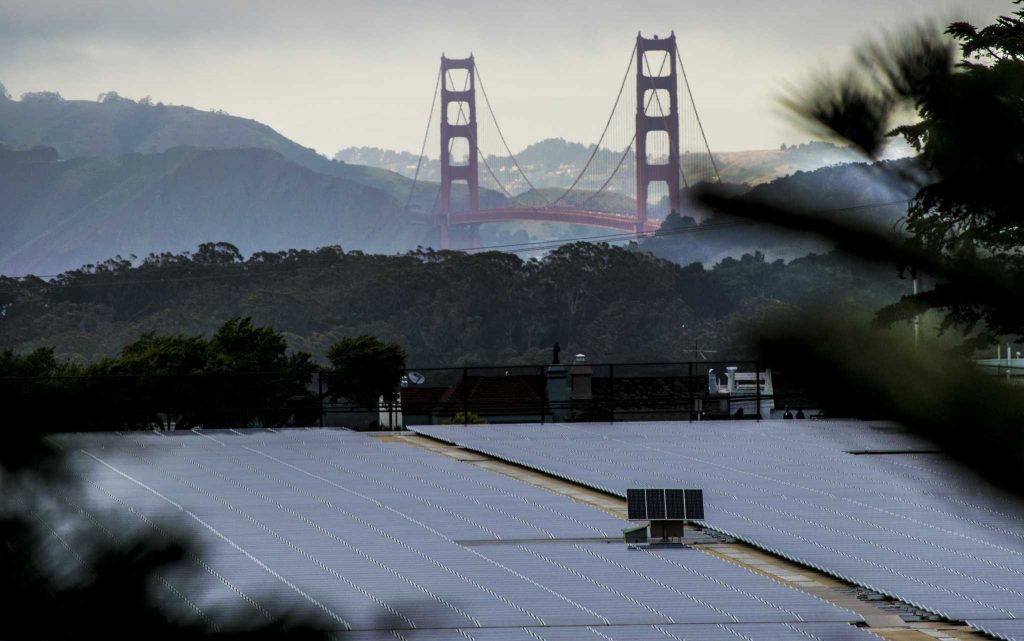San Francisco has passed new legislation in an effort to become more energy efficient. All new buildings constructed in San Francisco must be outfitted with solar panels. The new bill passed unanimously and will take effect at the beginning of 2017.
The new bill does not apply to SF State, according the Jonathan Morales, the director of news and new media. SF State does have a few solar panels around campus, but will not be required to outfit the new buildings that are currently under construction.
Ed Cheng, an SF State associate professor of mechanical engineering, explained that the lack of sun present in the area is a contributing factor as to why the new buildings don’t necessarily need to be equipped with solar paneling.
“Because of the limited solar resource available here in our particular location, I don’t think they should necessarily have solar panels,” Cheng said.

SF State currently does not have classes specifically emphasized in solar energy available to engineering students on the graduate or undergraduate level. The mechanical engineering program does however contain classes that cover multiple renewable energy sources, allowing students to still leave the department with familiarity with conversion systems and basic fundamentals that are compatible with solar energy.
The state of California already has a renewable energy portfolio which regulates and upholds the standard of renewable energy in the state. San Francisco, however, is the first city in the nation to pass a mandate for solar energy specifically. The new bill would require rooftops to designate 15 percent of its space for the installation of solar panels.
SF State students are in support of the new bill and are excited that San Francisco took the step in a renewable energy law.
Mark Bautista, an engineering major at SF State, expressed his happiness with the new bill.
“That’s honestly a good step for the future,” Bautista said. “As an engineer I feel like it’s the right step for setting more innovation for saving energy because we can save energy in so many ways”
SF State has always held strong values with sustainability. The Mashouf Wellness Center, which is expected to be completed in 2017, is just another example of SF State’s commitment to sustainability.
“Sustainability is one of the University’s core values,” said Morales via email. “We are always looking for ways to reduce energy consumption in our buildings.”





